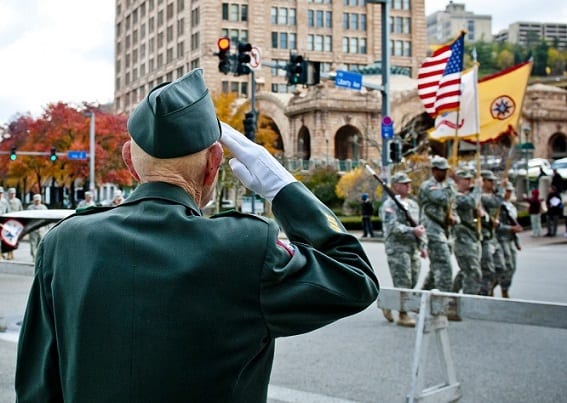Veteran support is an important aspect of mental health. Many veterans come back from serving their country and suffer from both physical and mental issues. Some don’t understand what is happening to them or don’t want to admit what is happening. This means that many veterans don’t seek the help that they need.
Transitioning from the armed forces to civilian life is not an easy task for many people. Some veterans need some extra support to help them find their way in the civilian world. They may need to find a job, a place to live, or even health care to help in their time of need. There are resources for that in the community and on the Internet.
Veterans perform a job with the military that can be compared with no other. Their courage, strength, and fortitude are matchless. We must not forget the sacrifices they and their families have made in order to serve our country.
Not all veterans find their footing after returning from a tour in the military. There are organizations and community resources that offer a step up and a helping hand, if necessary.
If you are a veteran in need of support, one of the first places you can turn to is the Department of Veteran Affairs (VA). Not only will they help you establish your GI Bill (if need be), but they can help you establish a VA loan for housing and obtaining medical benefits.
Posttraumatic stress disorder (PTSD) is a serious disorder afflicting many of our veterans. It’s a serious, silent illness that can keep a person from experiencing the happier moments of being home and among family. PTSD can differ in severity from person to person, but there is support for PTSD in numerous forms, including therapy, counseling, and hospitalization.
One thing that can help the adjustment period for newly returning veterans is establishing a routine. Don’t become complacent or discontent with your situation. Work to make a change for the better. If you need to find a job, look for one in the local papers, use your network with the VA, and join community services that help you locate employment.
If finding a place to live is your priority, you can do that as well. Use your VA resources, your ability to purchase a home with a VA loan, and other resources available in your community to locate housing.
If healthcare is your priority, you can definitely use the VA resources to find medical care at a veterans’ hospital or clinic. If one isn’t currently available in your area, contact the Department of Veteran Affairs to find the one closest to you.
It’s important to stay positive and upbeat. You are a survivor. You are a hero. You are confident and strong. Use the help of family and friends to establish your civilian life and before you know it, you’ll be with your friends over a nice barbeque in your new backyard, telling stories of the time you were in the military.
Read more of Vicki’s IBPF blogs here.
The content of the International Bipolar Foundation blogs is for informational purposes only. The content is not intended to be a substitute for professional medical advice, diagnosis, or treatment. Always seek the advice of your physician and never disregard professional medical advice because of something you have read in any IBPF content.


